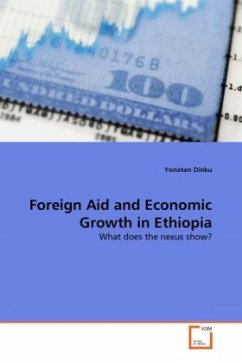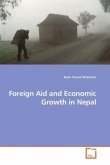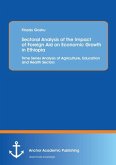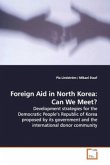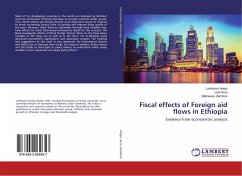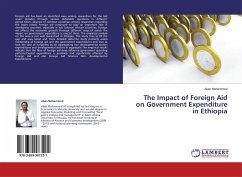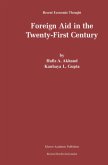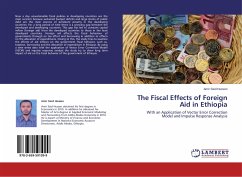Although foreign aid has been used as an important instrument to achieve various development goals, its effectiveness is mired in controversy. While opponents of foreign aid argue that aid crowds-out domestic saving and investment activities, weakens domestic efforts of raising own revenue, and undermines policy ownership of recipient countries, proponents suggest aid helps poor countries to accelerate their economic growth by providing skill and finance for investments in public goods that the international capital market will not supply or will supply at a high interest rate. Highlighting the general theoretical and empirical justifications in the growth literature, this paper focuses on evaluating the effectiveness of aid in Ethiopia. The regression results show that foreign aid has a positive contribution for economic growth in Ethiopia. It strongly and positively correlates with investment. In addition, as opposed to the case in many countries, aid doesn't undermine the tax revenue raising effort of the government in Ethiopia. It doesn't also have crowding out effect on domestic saving. This implies that fungibility doesn't seem a big problem in Ethiopia.
Bitte wählen Sie Ihr Anliegen aus.
Rechnungen
Retourenschein anfordern
Bestellstatus
Storno

